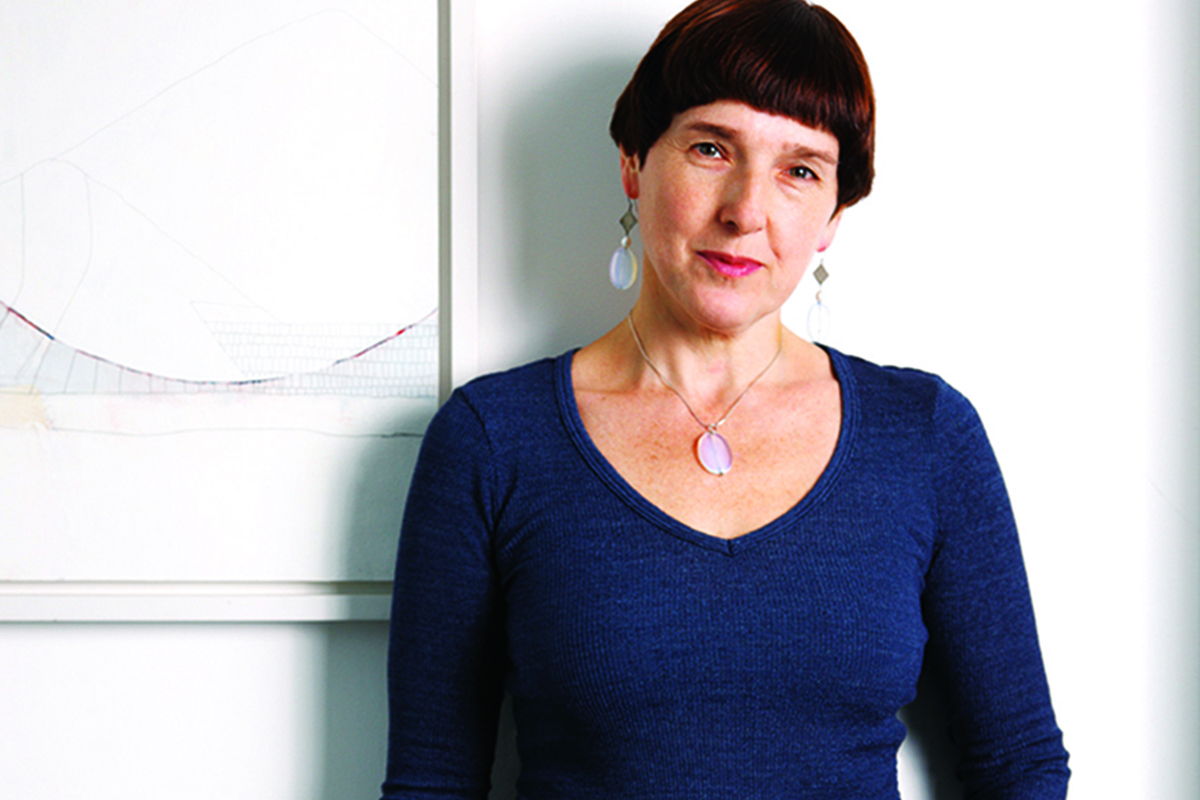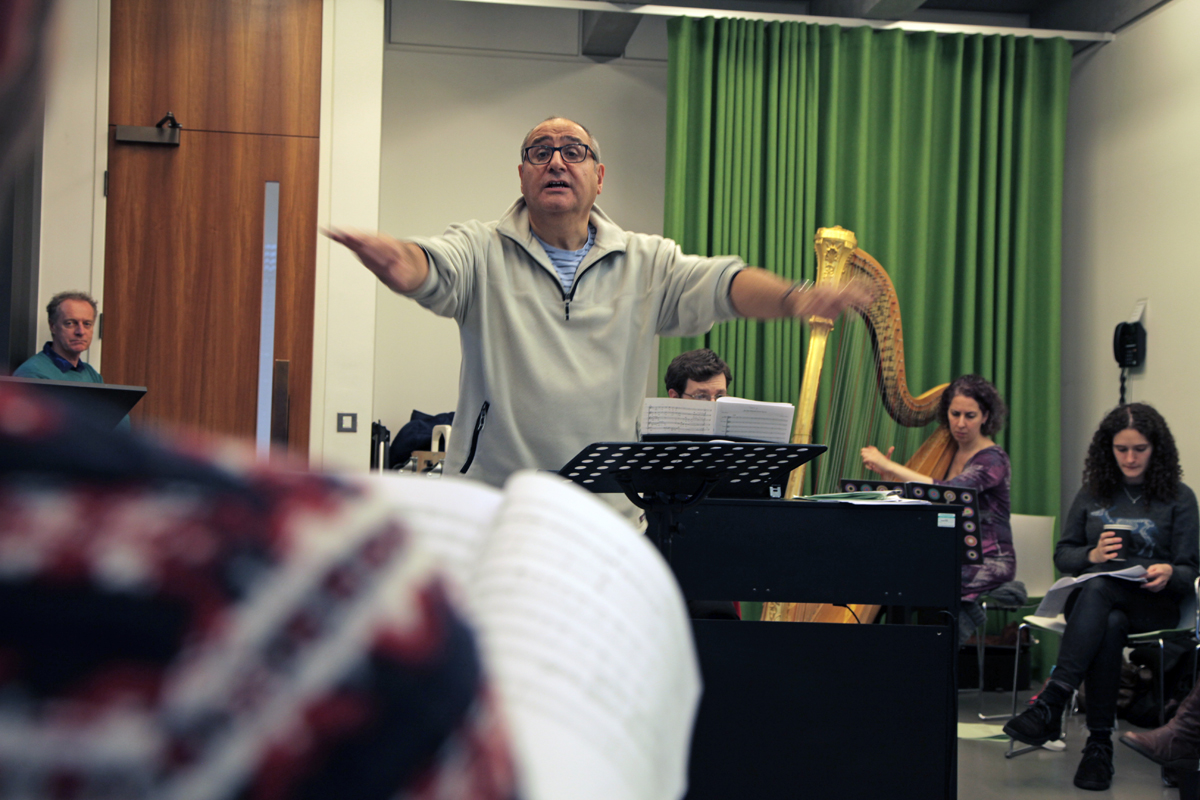Dina appears in just one chapter of the book of Genesis: as the silent victim of sexual violence. Now she’s been given a voice in a new opera
In Genesis, chapter 34, a horrific series of events is set in motion. Dina, the only daughter of the patriarch Jacob, goes out “to meet the women of the land” where Jacob and his family have settled. She encounters Shechem, the local Hivite prince. According to Genesis, he “took her and raped her”, before declaring his love and offering marriage. Jacob’s sons exact terrible revenge on him and all the men of the land, tricking them into mass circumcision as a condition for intermarriage, and slaughtering them when at their weakest, after the procedure. Nothing more is heard from Dina.
Diane Samuels (pictured below) says she always wanted to work on Dina’s story because her own Hebrew name is Dina. But the narrative has raised questions for her. Now the playwright, who is best known for her 1993 hit Kindertransport, has co-written The Song of Dina, an opera about the Bible story.
“What makes her go to meet the women? In our drama we have Dina hearing the song of the Hivite women and dancing and praying to their goddess Astarte. She is drawn to the goddess and the idea of the sisters she does not have, so she goes to meet them and encounters Shechem. They are fascinated by each other – it’s quite edgy. In the Bible story there is probably sex, maybe forced. It’s ambiguous from the Hebrew whether Dina is raped or not,” says Samuels. She agrees with feminist scholars that the “greatest violence in the story isn’t what Shechem does to Dina or what her brothers, Simeon and Levi, do to the Hivites. It is the silencing of Dina.”
The piece, which is billed as an opera with spoken word, opens with that most central Jewish prayer, ‘Shema Yisroel’ (Hear O Israel). “This is Dina calling to her father, ‘Hear me, Israel (Jacob)’, and ‘Hear me, people of Israel’. She is calling to be heard by her father and the descendants of Israel. She says, ‘All living people, hear me now! In the world you live in.’ The music is beautiful. Music is a direct line to the soul. It’s about connecting with the darkness to find the light,” says Samuels.
The musician Maurice Chernick (pictured above) has composed the music for the work, which features a 21-strong orchestra and an 18-member choir. He has written the encounter between Dina and Shechem as a song, but says, “The moment it becomes rape it becomes instrumental and the choir doesn’t sing, but they make a sound with their voices. It’s the most experimental bit of the whole show.”
Chernick says his influences in the work range from Sondheim and Bernstein to Stravinsky, Bartok, Bach, Mozart and Beethoven. “There’s even a bit of Gilbert and Sullivan,” he says. This last is a prelude to the darkest part of the story: the massacre of Shechem and the Hivite men. Shechem himself persuades his people that intermarriage is so desirable they should all agree to a (very) painful condition. “If you’re going to write a song about persuading all the men of their tribe to be circumcised, what do you do?” he asks. “It ended up not exactly comedic but gung ho: ‘This is for your country!’”
The part of Dina is sung by soprano Katrina d’Amigos but the role of the harpist, Rivka Gottlieb, is central to the portrayal of the character. “There are motifs that the harp keeps bringing back. The harp felt right for Dina’s character,” she says. “The sound of the strings is ancient, as are the tambourines the women play. The music is rhythmically and harmonically exciting. It’s not often that the harp is highlighted like this. It adds a different kind of texture.”
Gottlieb is also a psychotherapist. Did that give her an insight into the characters? “The realities of the dynamics between people can be complex. There’s a lot at the moment about the voices of women being heard, and what Dina goes through is as contemporary a story as you can get. It’s horrific that these things are still happening to women today.
By Judi Herman
Calligraphic artwork by Vetta Alexis
Song of Dina runs Wednesday 10 & Thursday 11 April. 8pm. £15-£30, £10 concs. St James’s Church, Paddington, W2 3UD.
The opera then runs Sunday 2 June. 8pm. £15-£30, £10 concs. New North London Synagogue, N3 2SY.
Visit songofdina.com for further info.




